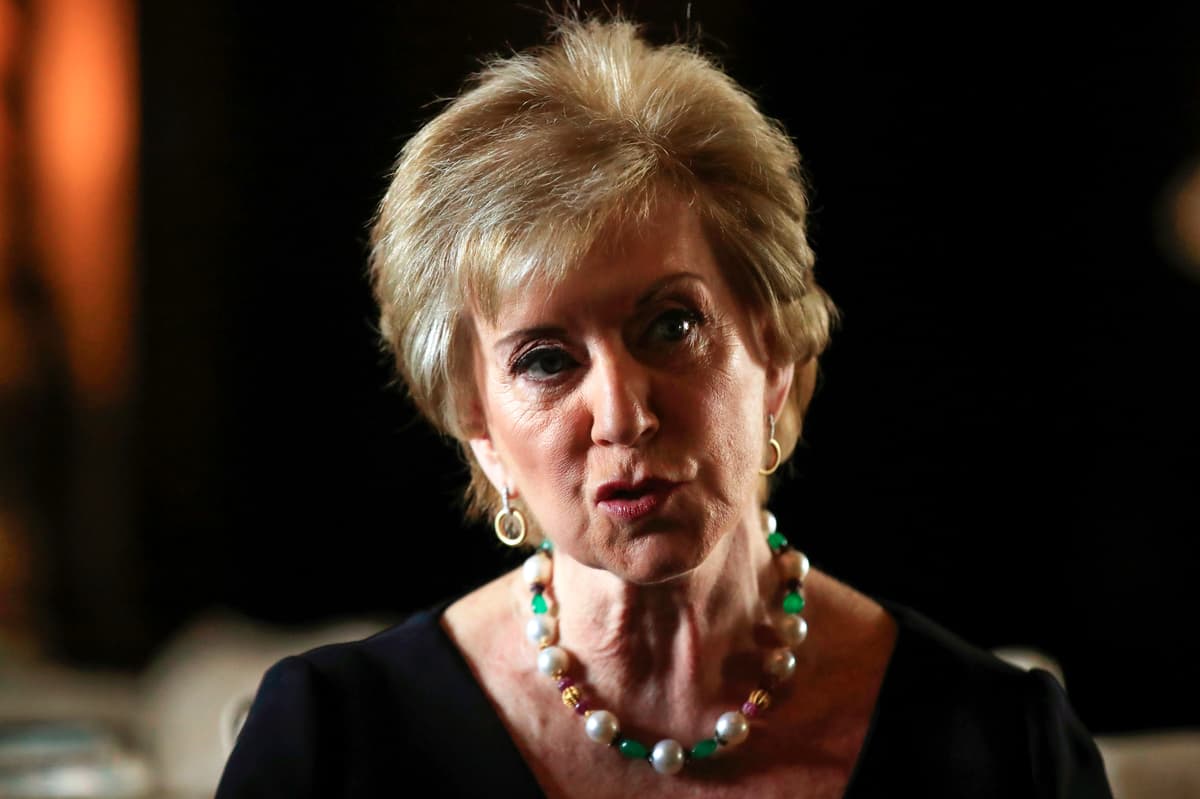Trump, To Eliminate the Education Department, Will Need To Make the Case to the Voters
After all, Reagan warned, ‘a government bureau is the nearest thing to eternal life we’ll ever see on this earth.’

President Trump’s transition co-chair, Linda McMahon, is preparing for confirmation hearings to be secretary of education. If approved, she’ll pursue the president’s goal of eliminating the department she leads, requiring her to convince Americans that it’s wise to reduce the federal role in schools.
Please check your email.
A verification code has been sent to
Didn't get a code? Click to resend.
To continue reading, please select:
Enter your email to read for FREE
Get 1 FREE article
Join the Sun for a PENNY A DAY
$0.01/day for 60 days
Cancel anytime
100% ad free experience
Unlimited article and commenting access
Full annual dues ($120) billed after 60 days

